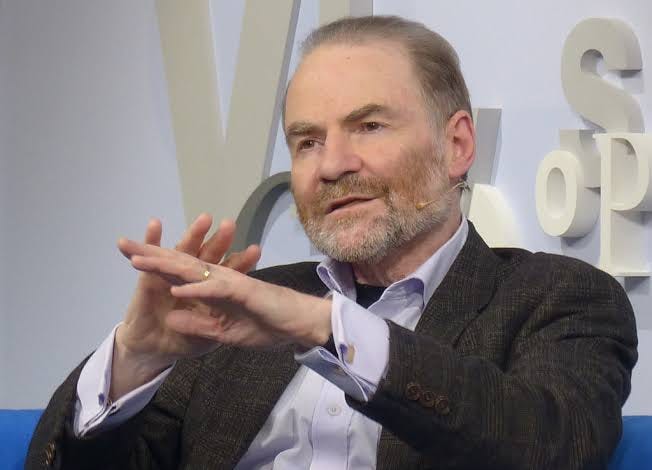If anyone could write a love letter to Europe, it’s Timothy Garton Ash — professor of European studies at Oxford, author of books on Poland’s Solidarity movement and on East Germany’s Stasi; occasional advisor to U.S. presidents and British prime ministers; a journalist with a historian’s patience, or a historian with a journalist’s impertinence, depending how you look. I’m curious to hear what subscribers make of this week’s episode, but I was tremendously eager to meet Ash. Nothing European is a big deal in Canada, but he’s long been a big deal to me. And events in Europe these days are complex and consequential. We could use an experienced guide.
Ash’s love letter comes in the form of his new book, Homelands: A Personal History of Europe, which mixes memoir, social history and political history to tell a story both intimate and sweeping. The story is, partly, what happened to Europe after World War II, and partly what happened to young Tim Ash after he started spending much of his time in continental Europe in the 1970s.
But like anyone who wants to write a love letter to Europe, Ash runs quickly against problems of definition. What’s Europe? Where does one draw its boundaries? How define its values? Democracy? Democracy exists everywhere and hasn’t always had a firm hold in European countries, even recently. Christianity? Another swing and a miss. Shared history? Ash notes that the students who took to the streets in Prague and Paris in 1968 would have disagreed about basically everything, except that it was time for change.
In the end Ash’s idea of Europe isn’t far from Potter Stewart’s definition of obscenity: he knows it when he sees it. It’s more a yearning than a definition, honoured as often as not in the breach. “Europe, my Europe, was — and still is — about the struggle for freedom,” he writes. “Where the cause of Europe has marched arm in arm with that of freedom, I have been happiest; where Europe has seemed to conflict with freedom, or at least be indifferent to it, I have been most dismayed.”
Listen to this episode with a 7-day free trial
Subscribe to Paul Wells to listen to this post and get 7 days of free access to the full post archives.













